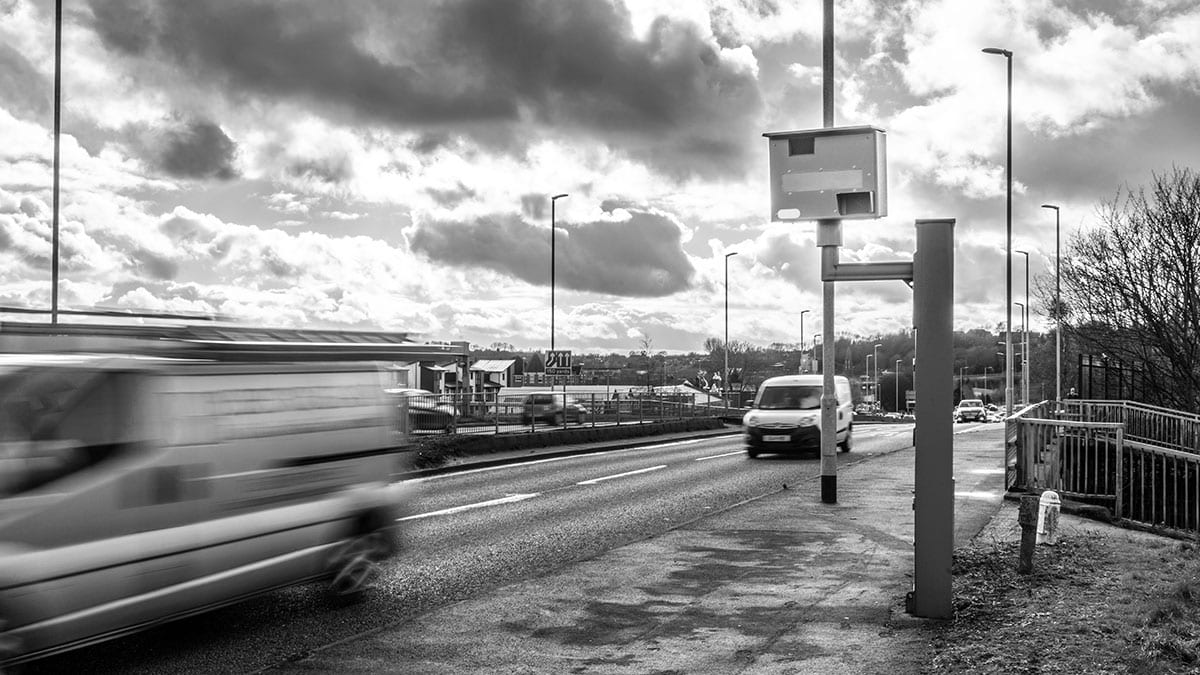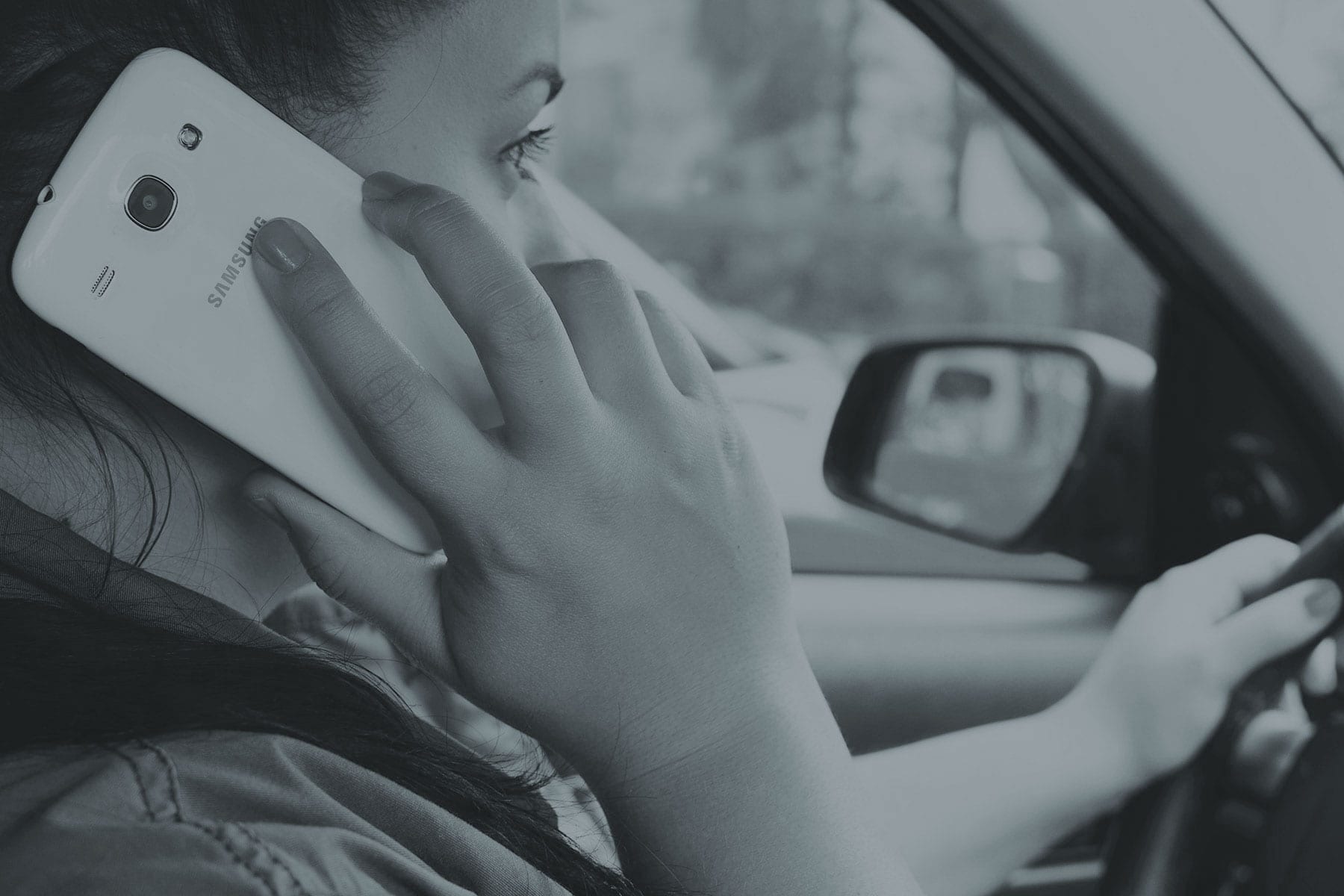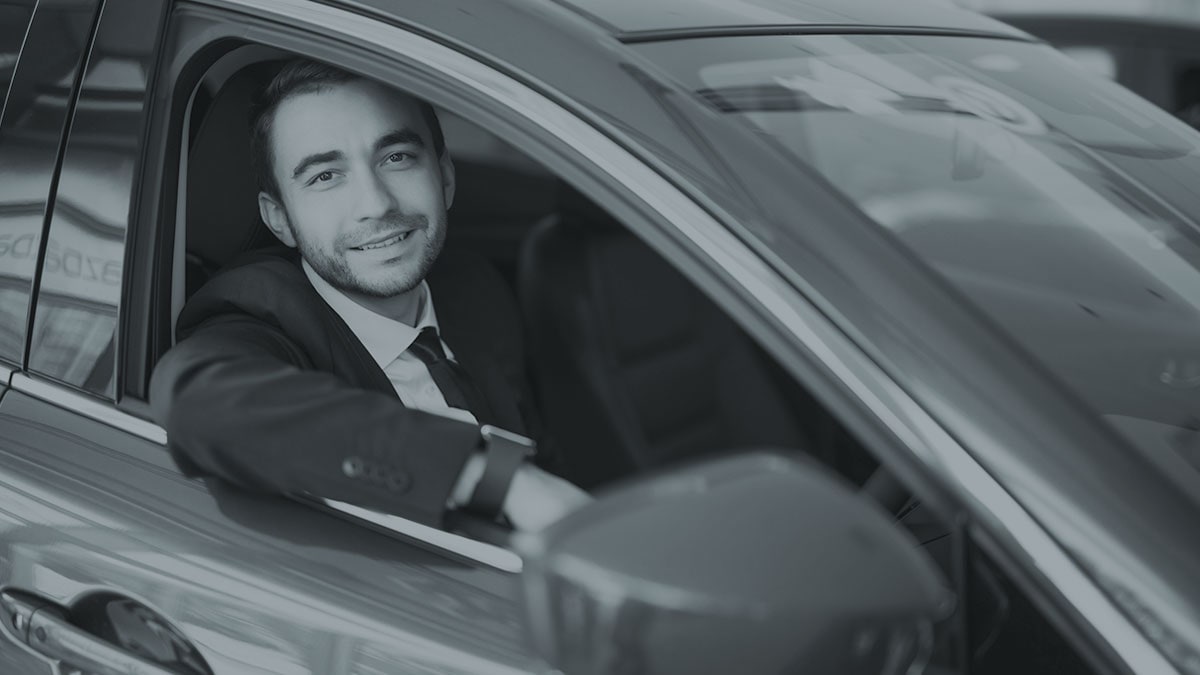Under Section 170 of the Road Traffic Act 1988, if you are involved in an accident, you must stop and provide your name and address to anyone who has reasonable grounds for asking for it. The legal name for this offence is Failure to Stop and Report, but it is more commonly known as hit and run.
This section applies if the accident causes harm to another person, or damage to another vehicle (or trailer), to an animal within another car (or trailer) or to any nearby property.
If the driver does not provide their name and address, they must report the accident to the authorities.
Penalties for failing to stop
Penalties can be severe so it is important to seek legal advice. It is possible, although unlikely, for courts to impose a 26 week prison sentence for motorists found guilty of this charge.
Cases deemed to be less severe, may be penalised with up to 6 penalty points and small fines. However, for more serious cases, for example those where the driver was suspected of being over legal alcohol limits, or where significant injury or damage was causes, Magistrates can impose community orders, large fines, driving bans and even prison sentences for those found guilty of this charge.
Defences in failure to stop cases
A common defence against a failure to stop and report charge is bringing to the court’s attention that you had no knowledge of the accident. However, we will need to prove not only that you had no knowledge of the accident, but that it would not be reasonable for you to have had any knowledge of the accident. You are also legally obliged to report an accident if you find out about it within 24 hours of it taking place, even if you weren’t aware of it at the time.
Another possible defence might involve proving that no actual harm to a person or damage to property was caused.
Or, perhaps you did exchange details at the scene and had best intentions to report the incident as soon as practically possible? If so, we can highlight this as part of an effective defence strategy.
As with all motoring offence cases, we will carefully examine the evidence against you and the actions taken by police. Police and prosecutors often fail to act in accordance with procedural regulations or standards relating to the gathering of evidence. Procedural failures on the part of the authorities might mean your legal rights have been breached. This can bring the prosecution’s evidence against you into question.
There are many options we will consider in building a winning defence for you. To discuss your case for free call us on 3330 096 275.



